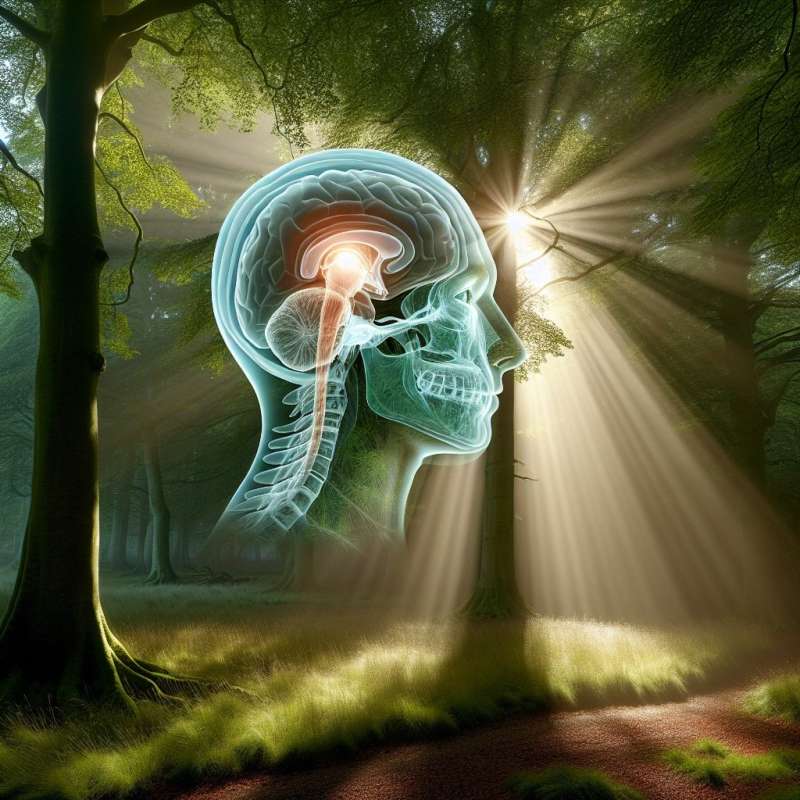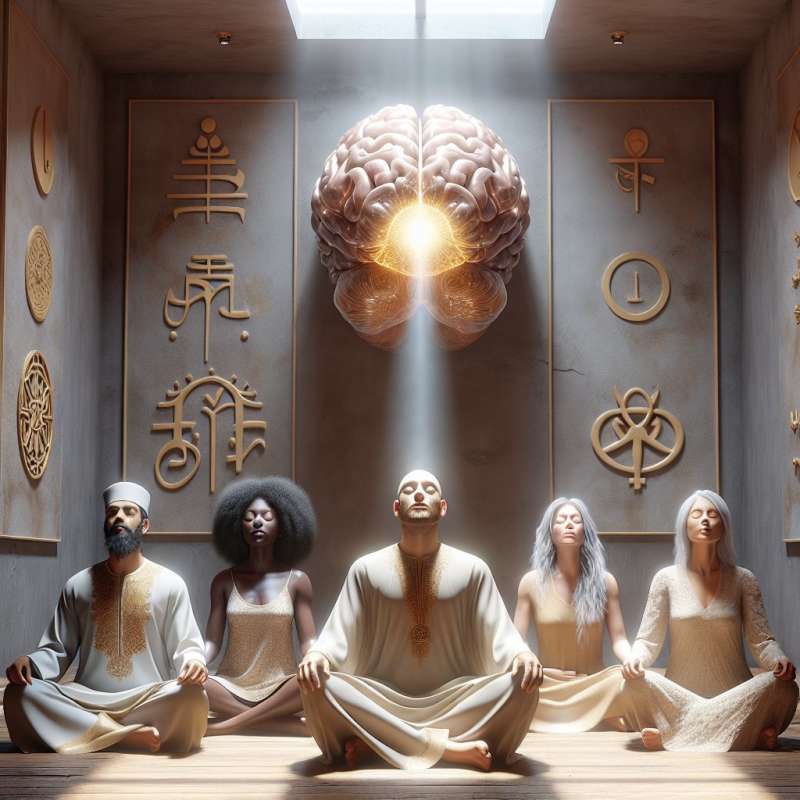
Pineal Gland Introduction
The pineal gland, a small endocrine gland in the vertebrate brain, has intrigued scientists and philosophers for centuries due to its mysterious functions and location.
Historical Significance
Historically, the pineal gland was dubbed the 'seat of the soul' by philosopher René Descartes, who believed it to be the principal seat of the soul and the place in which all our thoughts are formed.
Biological Functions
In the 20th century, scientists discovered the pineal gland produces and regulates some hormones, including melatonin, which affects reproductive hormones and modulates sleep patterns.
Evolutionary Perspective
Evolutionarily, the gland is thought to be a vestigial remnant of a third parietal eye, once a light-sensitive organ involved in the circadian rhythms of ancestral creatures.
Cultural and Religious Views
Various cultures and religions have associated the pineal gland with enlightenment and the spiritual world, often considering it a link to higher states of consciousness.
Medical Discoveries
Recent advancements have linked pineal gland calcification with several neurological diseases, sparking new research into its effects on aging and disease progression.
Modern Research Focus
Modern research focuses on the pineal gland's impact on mental health disorders, its potential role in regulating immune functions, and the implications of its hormone production on cancer.
Who called pineal the 'soul's seat'?
Aristotle
René Descartes
Sigmund Freud
Company